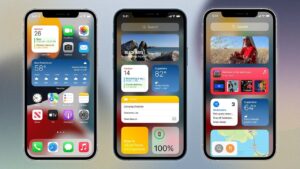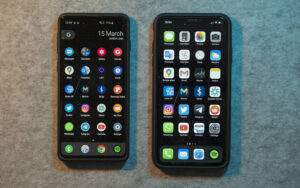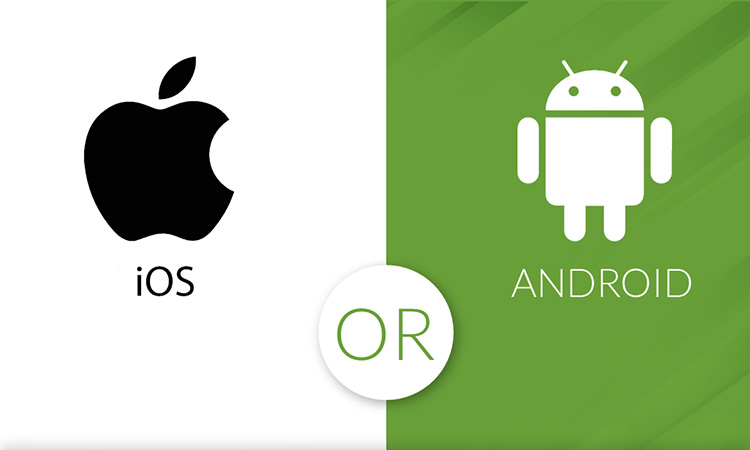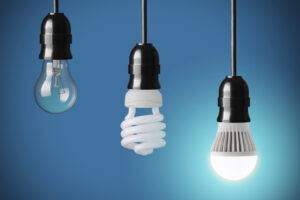When it comes to choosing the greatest smartphone, the initial decision can be the most difficult: iPhone vs. Android. iPhones and Android phones both have a lot of wonderful features, but they are extremely different. Continue reading to learn more about these differences and how to choose between an iPhone and an Android smartphone but before we look at that, let’s fast learn something about the two smartphone operating systems.
The operating system’s job
The iOS and Android operating systems are software that allows you to communicate with your smartphone’s hardware while also managing the hardware’s functions. For example, if you wish to snap a picture, the operating system will provide you options to open the camera, take the picture, and save it. If you need to utilize the picture later, the OS will recover it from the hardware store.
Google owns Android, which is an open-source operating system, whereas Apple Inc. owns iOS, which is used on the company’s smartphones.
When it comes to where you can get apps, the official app store for Android is Google Play Link, whereas the official app store for iOS is App Store Link. It’s also worth mentioning that apps for both are available on a variety of websites and apps; however, for security reasons, it’s best to only download programs from official stores.
After getting a background of the two Operating systems, let’s now see the key differences and similarities you need to know about.
- Basics
Google is the company behind Android. It installs its own Pixel-flavored version on Pixel phones and allows companies like Samsung, Oppo, Sony, and others to create their own skins for their own devices.
Apple’s mobile operating system for the iPhone, iPad, and iPod touch is called iOS. Apple doesn’t have to worry about making the code work with a hundred different devices from a dozen different manufacturers because it’s created in tandem with the hardware.
Both are, in essence, pretty similar. Both let you make phone calls, send text messages, snap photos, and use hundreds of apps to watch movies, communicate with friends, read the news, manage your calendar, and so on.
They’ve also borrowed a lot from each other over time, so features that used to distinguish Android from the iPhone, like notifications and widgets, aren’t as important as they once were. However, as we’ll see, there are some significant variances.

- Hardware
In terms of hardware, Android has a huge advantage because there are so many different phones to choose from. If you prefer Android, you’ll find a plethora of brands and models fighting for your business. From the likes of Samsung, Oppo and Tecno just to mention a few.
With the iPhone and iOS, you’ve got a range that’s now split in two: on the one hand, there’s the iPhone 13 Pro and 13 Pro Max, which will be released in 2021, and on the other hand, there’s the iPhone 11, iPhone SE, and iPhone XR, which are more inexpensive.
- Features
Because the OS is open source and thus utilized by hundreds of mobile phone manufacturers, Android smartphones will have a pool of features to select from. For each manufacturer to stand out, they will have to give unique features, and the competition has resulted in high-quality Android smartphones.
The number of devices available for iOS is limited, which implies that feature flexibility is limited, albeit you will rarely be unable to find an iPhone with the features you require.
If you are concerned about security, an iOS-based smartphone is the best option. Because Android is open-source, security threats like manufacturer eavesdropping are considerable.
- Applications
Most well-known apps are now available on both Android and iPhone; there aren’t many large pieces of software that exclusively run on one platform.
However, many new apps (or app updates) come first on iOS, particularly games. It’s possible that you’ll have to wait a little longer for your favorite game to come to Android.
In terms of Apple and Google apps, you can get all of Google’s essential apps on your iPhone, and many people do so instead of using Apple’s settings. Apple Music, on the other hand, is the only big Apple app available for Android.

- Cost
After you’ve decided on the features you want and between iOS and Android, compare the pricing of a similar smartphone running on the other operating system. I’m sure you don’t want to pay more for a smartphone with identical characteristics if you can obtain one for less money.
Summary
The Android vs. iPhone debate may be viewed from a lot of angles, including the phone’s design, software customization options, the number of apps available on each platform, and so on. At this point, there are nearly too many comparison points to keep track of.
The Android vs. iPhone fight, on the other hand, has morphed into a far wider Google vs. Apple battle. When it comes to choosing the best phone for you, it’s no longer just about the phone; it’s also about how invested you are in the Google and Apple ecosystems.
There are certain differences between Android and iPhones — for example, Android is easier to modify, while iOS is easier to use — but the question of which one you should use now goes much beyond these mobile operating systems.
Also, see: Tecno Mobile Phones Under Ksh 10000 With Best Selfie Camera


